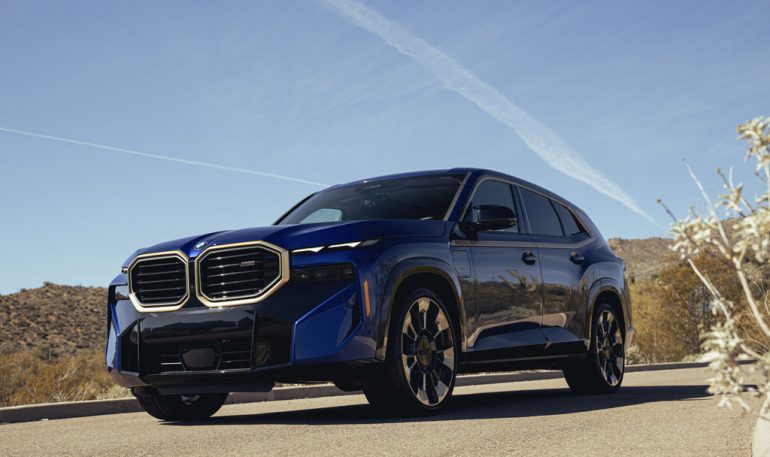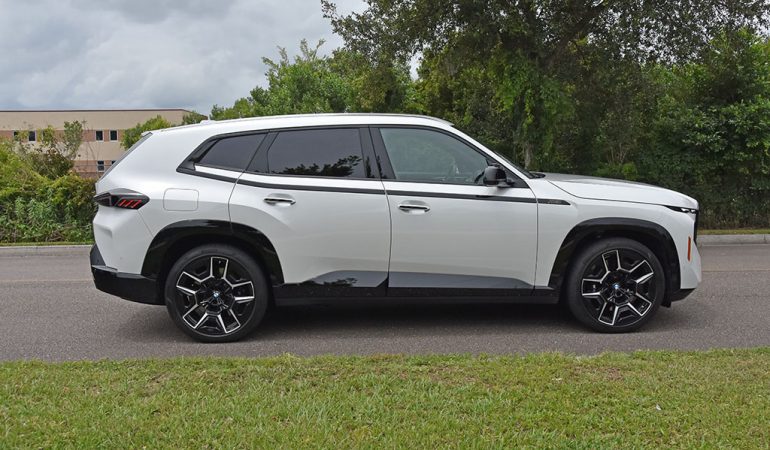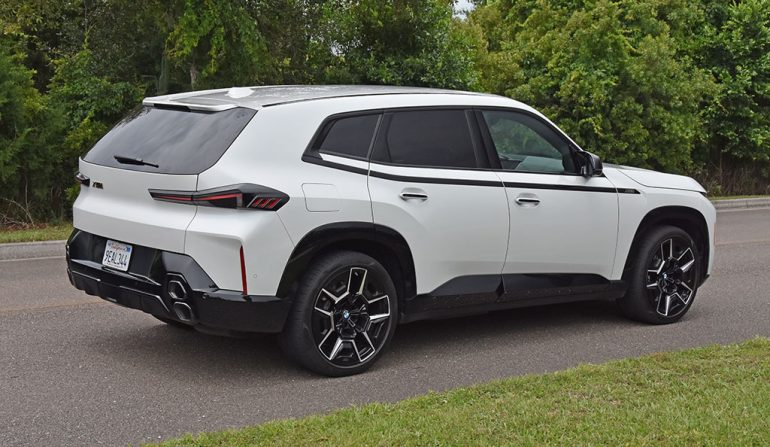
In a somewhat surprising shift for BMW, reports indicate that the contentious XM model will be discontinued in 2028 after only one generation. Originally, the plan was to introduce an all-electric successor before 2030, but these plans have reportedly been shelved.
Launched amid much fanfare and skepticism, the BMW XM has had a polarizing presence since its debut. Known for its large size, bold design, and hybrid powertrain, the XM was meant to be a flagship for the BMW M division. However, it struggled to gain acceptance even among BMW enthusiasts, largely due to its deviation from the traditional M car ethos. The XM, a two-tonne electrified SUV, faced criticism for its weight and aesthetics, making it a target for those critical of conspicuous luxury vehicles. Now, according to sources in the supply chain industry, BMW plans to cease production of the XM by November 2028, with no direct replacement in sight.
Also, don’t forget that you can get discounted new car pricing with a free quote through qualified local dealer partners.

Since its introduction, the XM has had a lukewarm reception both critically and commercially. While it offered luxury and high-end features, its performance as an M car left much to be desired. In the first quarter of 2024, BMW sold just 541 units of the XM, a slight increase from the 409 units sold in the same period in 2023. This is starkly contrasted by the sales figures of other BMW SUVs like the X7, iX, and X5, which sold 6,957, 2,945, and 14,923 units respectively in Q1 2024. The high starting price of $159,000, which could escalate to nearly $200,000 for fully-equipped models, positioned it against more prestigious rivals such as the Bentley Bentayga, further complicating its market appeal.

The XM’s journey has been troubled from the start. It was initially conceived not as an M car but as the BMW X8, with a different strategic direction. However, the onset of the global pandemic led to a shift in BMW’s strategy. As luxury SUV sales remained robust, BMW decided to rebrand the X8 as the XM, a decision that many believe was misguided. The XM was seen as a departure from the brand’s core values, which contributed to its lackluster performance in the market.

As BMW prepares to phase out the XM, attention turns to the future lineup. Rumors suggest that BMW plans to revive the 6 Series in 2026, offering a range of internal combustion engine (ICE), hybrid, and electric powertrains. This move could signal a return to form for BMW, focusing on vehicles that align more closely with the brand’s heritage and customer expectations.
In conclusion, the BMW XM’s discontinuation marks the end of a controversial chapter for the automaker. While it aimed to innovate and capture a new segment of the market, the XM ultimately struggled to resonate with both critics and consumers. The decision to cancel its all-electric successor underscores a strategic pivot, as BMW looks to realign its product offerings with its core brand values and market demands.